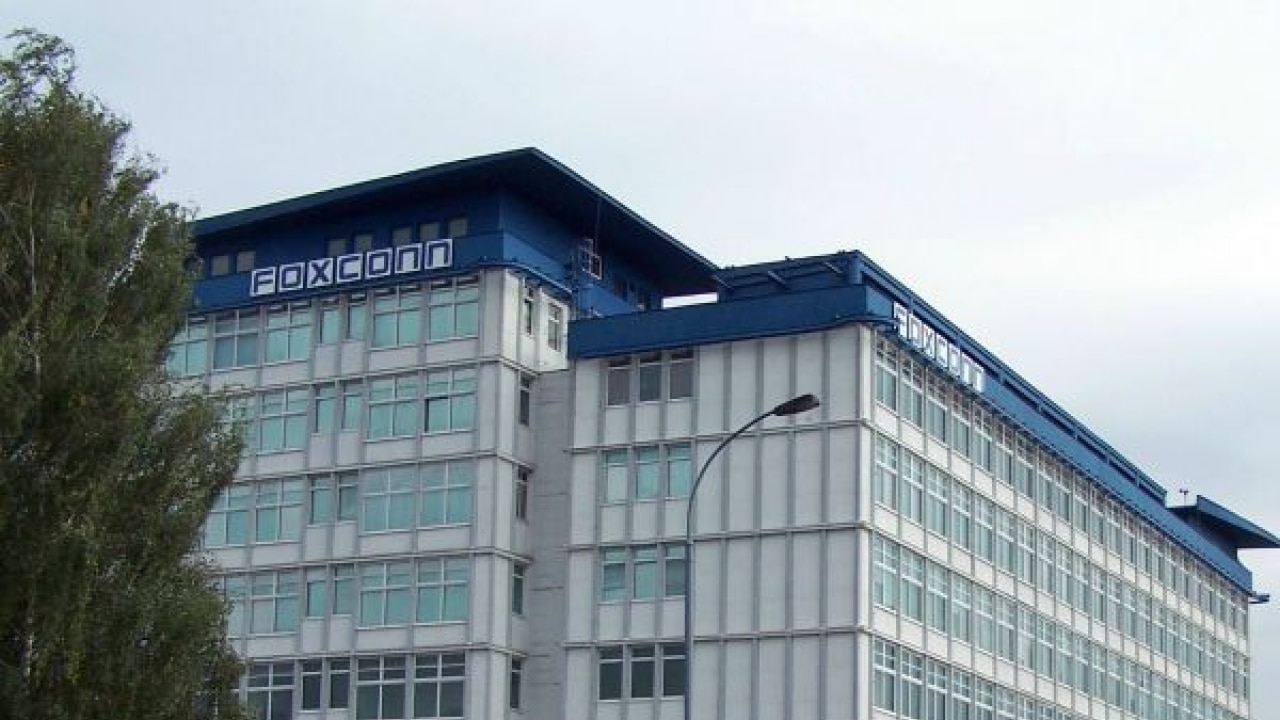
The Memorandum of Understanding (MoU) between electronics manufacturing giant Foxconn and the Maharashtra government, wherein the former has pledged to invest $5 billion over five years, signifies the first major FDI proposal after the central government launched its “Make in India” scheme. Foxconn, the Taiwan-based manufacturer of Apple iPhones and iPads, has proposed to set up manufacturing, research and development operations. More encouragingly, Foxconn chief Terry Gou also envisaged a future where the company would set up factories in 12 Indian states and create a million jobs. While Foxconn may have chosen Maharashtra because it is a leading financial centre and has access to quality talent and ancillary hardware and software units, the credit for the deal should also go to Maharashtra Chief Minister Devendra Fadnavis. Since taking charge, Fadnavis has aggressively courted foreign investment, even visiting Foxconn’s factories in China. Foxconn’s Gou was also wooed by Andhra Pradesh Chief Minister N Chandrababu Naidu, another leader who has tirelessly engaged with industrialists.
Also Read: $5 billion in 5 years, Foxconn inks Maharashtra FDI deal
For Fadnavis, the Foxconn MoU is the second success after General Motors decided to close down its factory in Gujarat and expand its plant in Talegaon in Pune. While the incentives offered to Foxconn are unclear, the MoU stipulates that the government allot 1,500 acres by early 2016. The government has said it will transfer a land parcel at Taloja by the year end, which indicates that the land is already available, and would not need to be acquired — a major stumbling block for big projects. Maharashtra’s success will not be lost on other states where Chief Ministers have either failed to join the industrial development race or evolve alternative economic models. Some of them are experts in spouting backward caste and pro-farmer rhetoric without offering any solutions to improve the lot of rural India. Even a highly industrialised state like Tamil Nadu will rue the missed chance to host Foxconn on its soil. When Nokia went bust, Foxconn closed its factories in the Nokia SEZ near Chennai. With the state in a political flux after Jayalalithaa’s conviction, subsequent acquittal, and now her alleged illness, TN’s loss has become Maharashtra’s gain.
Also Read: Xiaomi ties up with Foxconn, rolls out India-made Redmi2 Prime
Prime Minister Narendra Modi has taken the lead on the “Make in India” pitch, but its success or failure rests with the states. The Centre should focus on streamlining the regulatory process and initiating legal reforms and leave the photo opportunities and the sales and marketing pitches to Chief Ministers. To buttress the point, India recently slipped two spots to 142 in the World Bank’s rankings on the ease of doing business. India can no longer rest content on the assumption that its huge market potential will automatically attract FDI. Several Asian countries are competing to attract big industries. Recognising this, the Centre has launched a ranking system for states on the ease of doing business. Taking the cue, Maharashtra has reduced the number of clearances and the waiting time for electricity connections; Punjab has exempted 131 type of industries from pollution consent requirement; other states have offered online clearances or single window clearances. Foxconn’s expansion plans in India are also a reflection of the growing turbulence in its operations in China. With standards of living and wages on the rise in China and workers increasingly questioning the military-like working conditions in Foxconn factories, it makes sense for the company to hedge its bets between India and China over the long run. Some Japanese companies, like Softbank Corp, are slated to make big ticket FDI proposals in the weeks to come. MoUs, by their very meaning, are only commitments and just the first stage in a long process leading to a formal contract and the actual FDI inflows. There is little room for celebration or complacency.